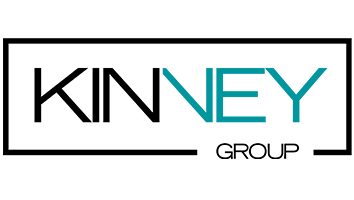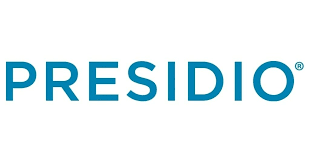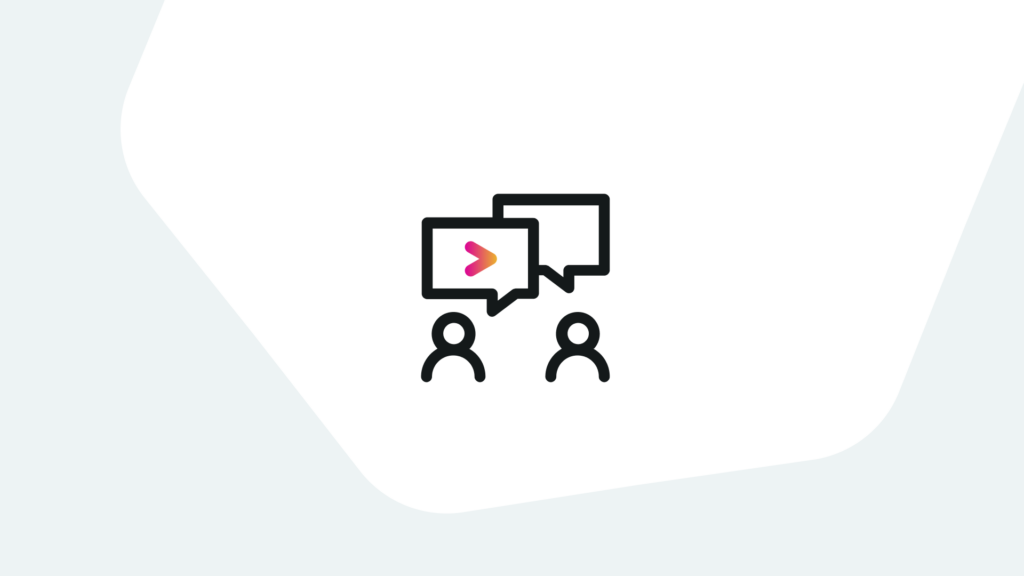What is the Splunk Community
The Splunk Community is an amazing resource for support when investigating a problem with your Splunk deployment. Unlike enterprise-level phone support where you speak directly to a support person, the Splunk Community offers immediate answers with just a few mouse clicks.
The Splunk Community’s Answers portal currently offers an impressive collection of up to 56,000 solutions. In the case that you cannot find the answer to your question, you can post it and wait for the many experts active in the portal to respond. Additionally, you can show your appreciation to the experts who provide a solution to your issue by giving them ‘Karma’ points. This system promotes further engagement from experts who are eager to enhance their reputation in the community. Overall, it is an excellent support system.
Who is in the Splunk Community?
Splunk Community consists of customers, partners and Splunk employees. They share their knowledge and experience with Splunk and Splunk products. All members of the Splunk Community are volunteers who bring their real-world experiences to the community. In essence, the Splunk Community serves as a user-based support system.
Splunk Community Features
The Splunk Community includes a variety of excellent features, including:
Splunk Answers – a forum where you can ask questions and get help on Splunk and Splunk products.
Chat groups – Slack channels where you can connect with customers, partners, and Splunk employees from around the world.
User groups – networks of users in the same geographic location who want to learn from each other.
Splunk Trust – a Most Valuable Person (MVP) program that recognizes Splunk community leaders.
Splunk Ideas – a portal where you can suggest and vote on enhancements for Splunk solutions.
Conferences and events – annual Splunk conference events like .CONF and SplunkLive.
Community resources – additional resources such as Splunk Education, Documentation, Lantern, and more.
By leveraging these resources, Splunk Community members can gain valuable knowledge and insight from other users and experts in the field. Additionally, the Splunk Community is an excellent way to stay up to date with the latest trends and developments in Splunk and its products.
Splunk Community Cost
The Splunk Community is free! Anyone can go online and search for keywords related to a problem, select a search result that closely matches your issue, and review the question and solution. Alternatively, Splunk users can join Slack and post questions for live users to see and respond with helpful comments that could lead to a solution, free of cost. If you know of a user group in your area, connect with the organizer and sign up to attend a meeting. If you are experienced and savvy in using Splunk, you can even try to provide answers for others and work your way up to achieving Splunk Trust Status. Additionally, if you have great ideas on how to improve a Splunk product, then check out and make suggestions in the idea portal.
Attending a Splunk Conference like .CONF is also available to all, at a cost. During these conferences, you can attend training sessions and take classes on various Splunk products and technologies, making it an excellent opportunity for those looking to learn more about Splunk.
Using Splunk Community – Answers Portal
Let’s say you encounter an error while searching the Splunk internal logs, and the error message reads: “ERROR TcpInputProc – Error encountered for connection on server.” What do you do next?! Simply copy the error text, navigate to the Splunk Answers page (https://community.splunk.com/t5/Splunk-Answers/ct-p/en-us-splunk-answers), and paste it into the ‘Search the Community’ search field.
Select the relevant result link(s) that are associated with the error condition, review the post, and scroll to the solution section within the green-colored box. Follow the recommended steps to resolve your issue or, continue your investigation. It’s important to note the date on the solution as there is a possibility of outdated postings.Top of FormBottom of Form
Using Splunk Community – Slack User Channels
One of the greatest benefits of sharing your problem with others is gaining multiple perspectives that could lead to a root-cause solution. Using the Slack platform enables you to do this because it has potential viewership from people all over the world. This increases the likelihood of finding someone else who has already encountered the same issue and found a solution, which means you can benefit from their experience.
Using Splunk Community – Conference and Events
Attending a conference or event is always beneficial, but even if you cannot be there, you can still benefit from the user training. Splunk posts all their conference training sessions on their website, ‘.conf.splunk.com,’ allowing users to access and benefit from the training remotely.
Conclusion
The Splunk Community offers a great set of tools to solve most of your Splunk problems efficiently and cost-effectively. Its many features include Slack channels, which provide users with helpful answers quickly, efficiently, and for free. You can also contribute to the community or receive training to enhance your knowledge and skills. Check it out and take advantage of its amazing options!
If you found this helpful…
You don’t have to master Splunk by yourself in order to get the most value out of it. Small, day-to-day optimizations of your environment can make all the difference in how you understand and use the data in your Splunk environment to manage all the work on your plate.
Cue Atlas Assessment: Instantly see where your Splunk environment is excelling and opportunities for improvement. From download to results, the whole process takes less than 30 minutes using the button below:






